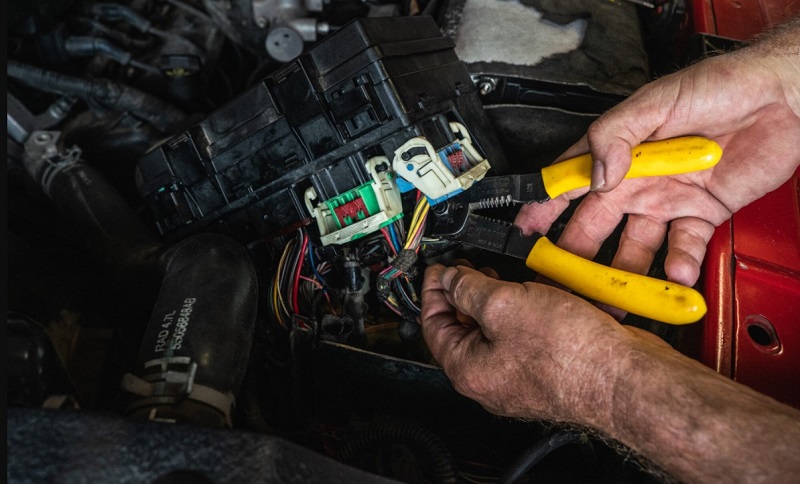
In today’s technologically driven world, electricity powers nearly every facet of our lives—from lighting and heating to communication and entertainment. Behind the seamless operation of these systems are skilled professionals known as electrical contractor. These experts play a critical role in the design, installation, maintenance, and repair of electrical systems in residential, commercial, and industrial settings.
What is an Electrical Contractor?
An electrical contractor is a licensed professional or business entity that performs specialized electrical construction work. This work is typically related to the design, installation, and maintenance of electrical systems. Unlike electricians, who are usually the individuals performing the hands-on work, electrical contractors may manage teams of electricians, coordinate with project managers and builders, and ensure compliance with safety regulations and codes.
Types of Electrical Contractors
Electrical contracting is a broad field that can be categorized into several types:
-
Inside Electrical Contractors
These contractors handle electrical systems within buildings. Their responsibilities include wiring, lighting, installation of electrical panels, and overall power distribution within homes, office buildings, and commercial spaces. -
Outside or Line Contractors
Often working for utility companies or municipalities, line contractors deal with high-voltage power transmission and distribution lines. Their work is critical in bringing power from power plants to substations and into buildings. -
Integrated Building Systems (IBS) Contractors
Also known as voice/data/video (VDV) contractors, they focus on low-voltage installations, including security systems, wireless networks, fiber optics, and climate control systems. Their work is essential for smart building integration.
Responsibilities of an Electrical Contractor
An electrical contractor’s tasks can vary depending on the scope of the project but generally include:
-
Project Planning and Design: Collaborating with architects and engineers to design efficient electrical systems.
-
Installation: Setting up electrical wiring, circuit breakers, transformers, and lighting.
-
Maintenance and Repairs: Performing routine checks and troubleshooting electrical systems.
-
Safety and Compliance: Ensuring all work adheres to local building codes, safety regulations, and environmental standards.
-
Budget Management: Estimating costs and managing budgets for large-scale installations.
Skills and Qualifications
Electrical contractors are highly trained professionals. Key qualifications often include:
-
A high school diploma or equivalent
-
Completion of an apprenticeship or vocational training program
-
State licensing or certification
-
Strong problem-solving and analytical skills
-
Knowledge of electrical codes and safety procedures
The Importance of Hiring a Licensed Electrical Contractor
Hiring a licensed electrical contractor is crucial for ensuring safety and quality. Licensed contractors have undergone rigorous training and are well-versed in local codes and regulations. They also carry insurance, which protects both the client and the contractor in case of accidents or damages.
Future Trends in Electrical Contracting
With the rise of renewable energy, smart home technologies, and electric vehicles, the role of electrical contractors is evolving. Contractors are now expected to be knowledgeable in areas like:
-
Solar panel installation
-
EV charging station setup
-
Energy-efficient building practices
-
Home automation systems
These trends suggest a promising future for the profession, with increasing demand for skilled contractors who can adapt to new technologies and environmental standards.
Conclusion
Electrical contractors are the backbone of modern infrastructure, ensuring that homes, businesses, and public spaces function efficiently and safely. Whether it’s wiring a new home, maintaining critical systems in a hospital, or installing solar panels, these professionals bring expertise, safety, and innovation to the table.